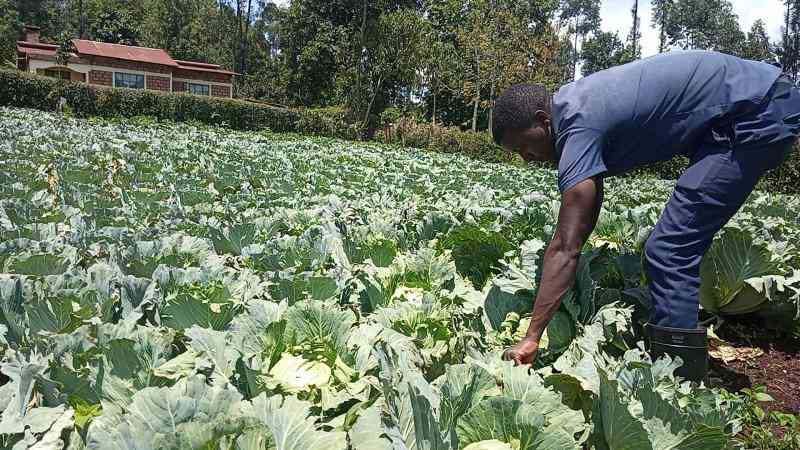×
The Standard e-Paper
Kenya's Bold Newspaper

Eric Ogato at his father's farm in Makairo, Nyamaira County on 25/10/2024. He uses social media to market his fruits and vegetables seedlings. [Stanley Ongwae, Standard]
Life in the Village has been such sweet experience for Nick Otiso, 28, from the time he started earning plum returns from his horticulture nursery business.